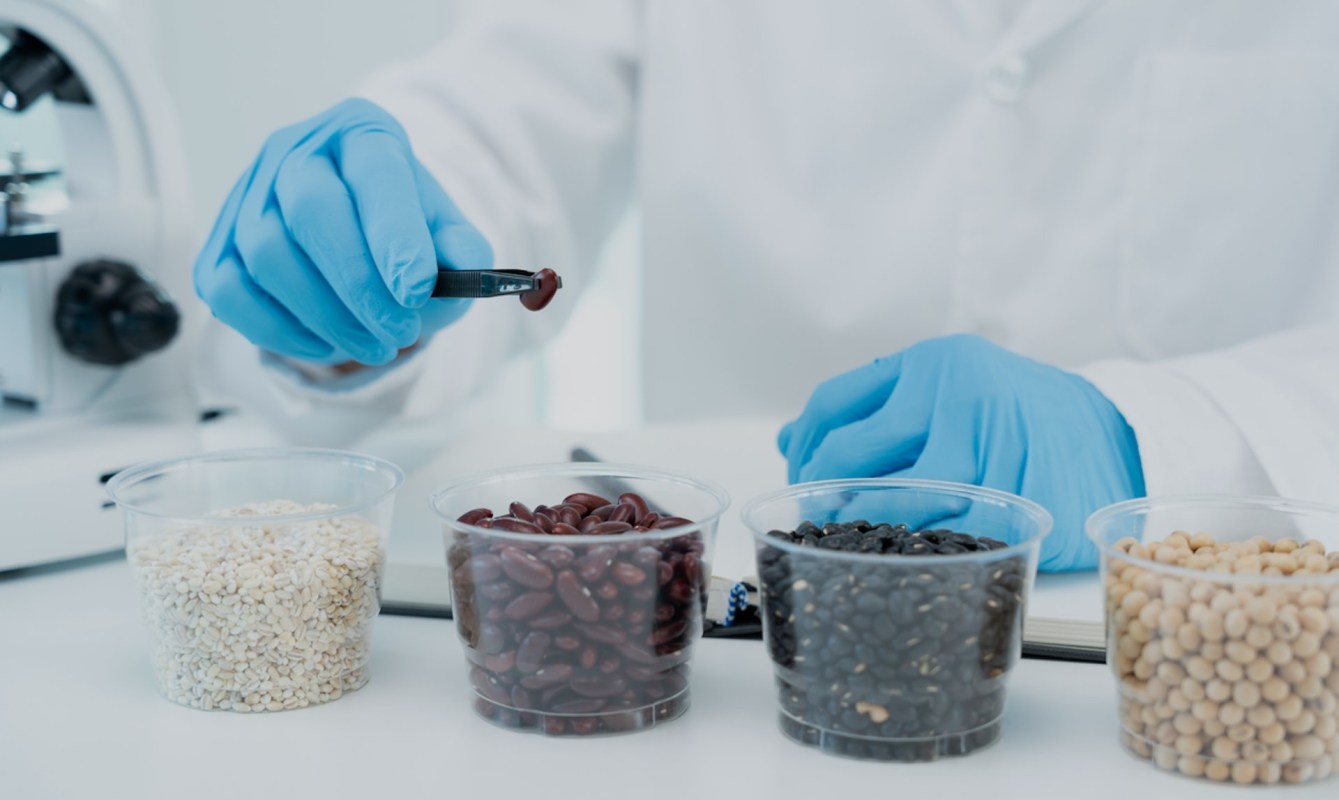The key to sustainable, plant-based proteins may turn out to be green in more ways than one.
Futurity reported in February that new research has found blue-green algae may be the key to making sustainable plant-based proteins with a meat-like texture that many products still lack.
The outlet details that researchers from Friedrich-Schiller-Universität Jena, the University of Bristol, University College London, and the University of Copenhagen have shown that cyanobacteria can act as hosts for the new protein by inserting foreign genes into a cyanobacterium, within which the protein organizes itself as nanofibers.
"Cyanobacteria, also known as blue-green algae, are living organisms that we have been able to get to produce a protein that they don't naturally produce," professor Poul Erik Jensen of the food science department at the University of Copenhagen explained. "The particularly exciting thing here is that the protein is formed in fibrous strands which somewhat resemble meat fibers. And, it might be possible to use these fibers in plant-based meat, cheese, or some other new type of food for which we are after a particular texture."
While some blue-green algae are known for wreaking havoc on ecosystems and human health, much of it is nontoxic and already used in supplements and beauty products. Researchers are also working on ways to use it as biofuel.
One reason the algae is such a desirable option is that it doesn't require land and a lot of resources to grow.
As Jensen detailed, " … it is an organism that can easily be grown sustainably, as it survives on water, atmospheric CO2, and solar rays. This result gives cyanobacteria even greater potential as a sustainable ingredient."
They also contain plenty of protein and fatty acids, just like meat.
Having better meat alternatives may spur more people to give up meat, even just one day a week — an action that has increasingly been shown to benefit both human health and the planet's health.
Agriculture contributes over a tenth of the world's planet-warming pollution. Animal agriculture — the process of raising animals specifically for meat, milk, eggs, and other products for our consumption or use — is incredibly harmful to the planet.
One study has shown that swapping half of the meat and dairy consumed with plant-based alternatives could see a 31% reduction in planet-warming pollution — like methane and carbon dioxide — caused by agriculture by 2050.
Reducing carbon and methane pollution can help protect our food supply from climate catastrophes and communities from extreme weather events made worse by Earth's rising temperatures.
Research has further shown that eating less meat can lead to reduced risk of diseases like diabetes and Alzheimer's, among others.
The new research would also allow plant-based foods to be less processed, making them even better for us.
While the research on blue-green algae as a solution is promising, Jensen said it will still be a while before they can start producing protein strands from cyanobacteria. Researchers still need to figure out how to optimize the cyanobacteria's production of protein fibers.
"We won't reach our goal tomorrow because of a few metabolic challenges in the organism that we must learn to tackle," he said. "But we're already in the process and I am certain that we can succeed. If so, this is the ultimate way to make protein."
Join our free newsletter for weekly updates on the coolest innovations improving our lives and saving our planet.








